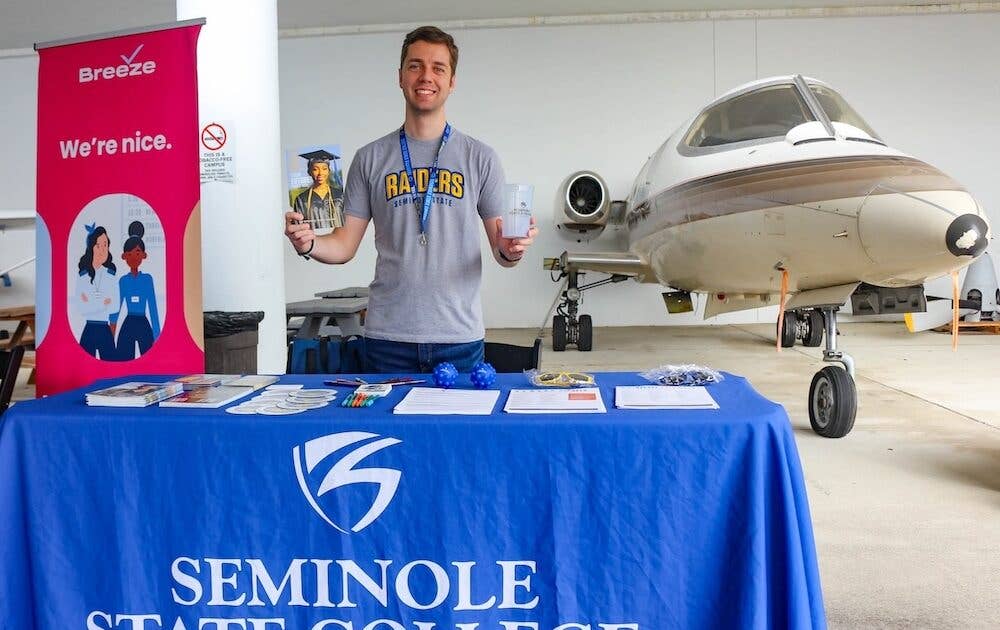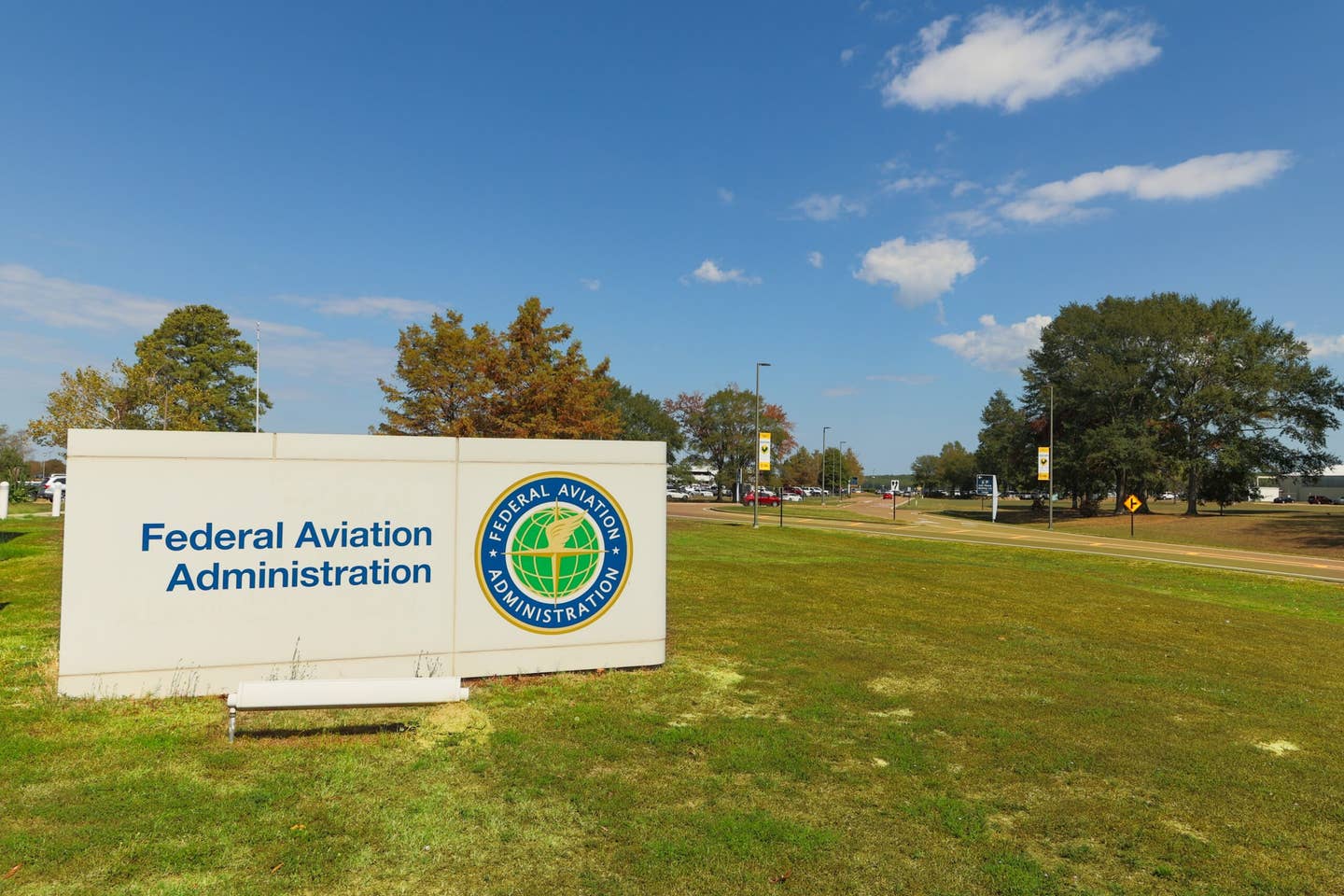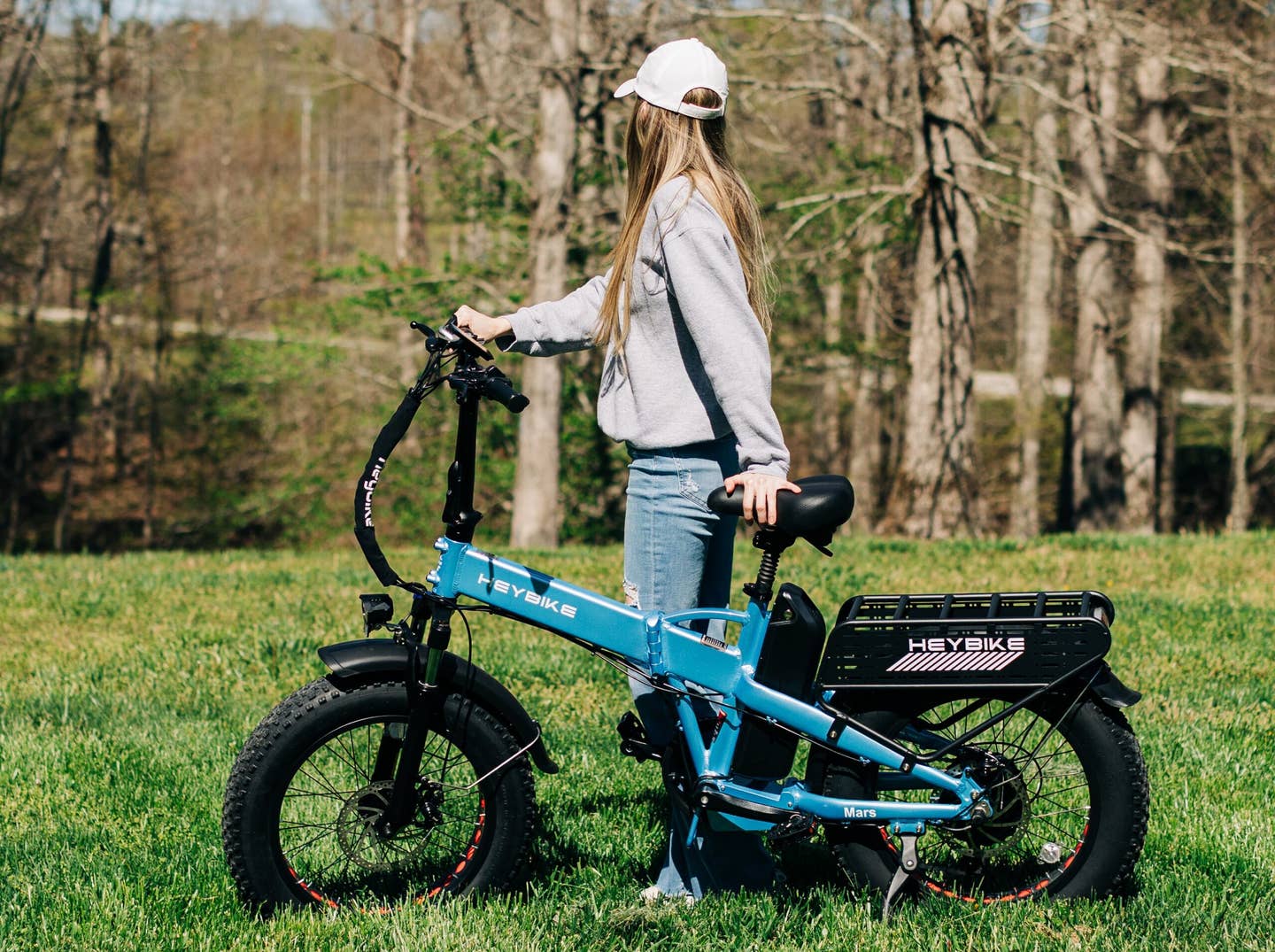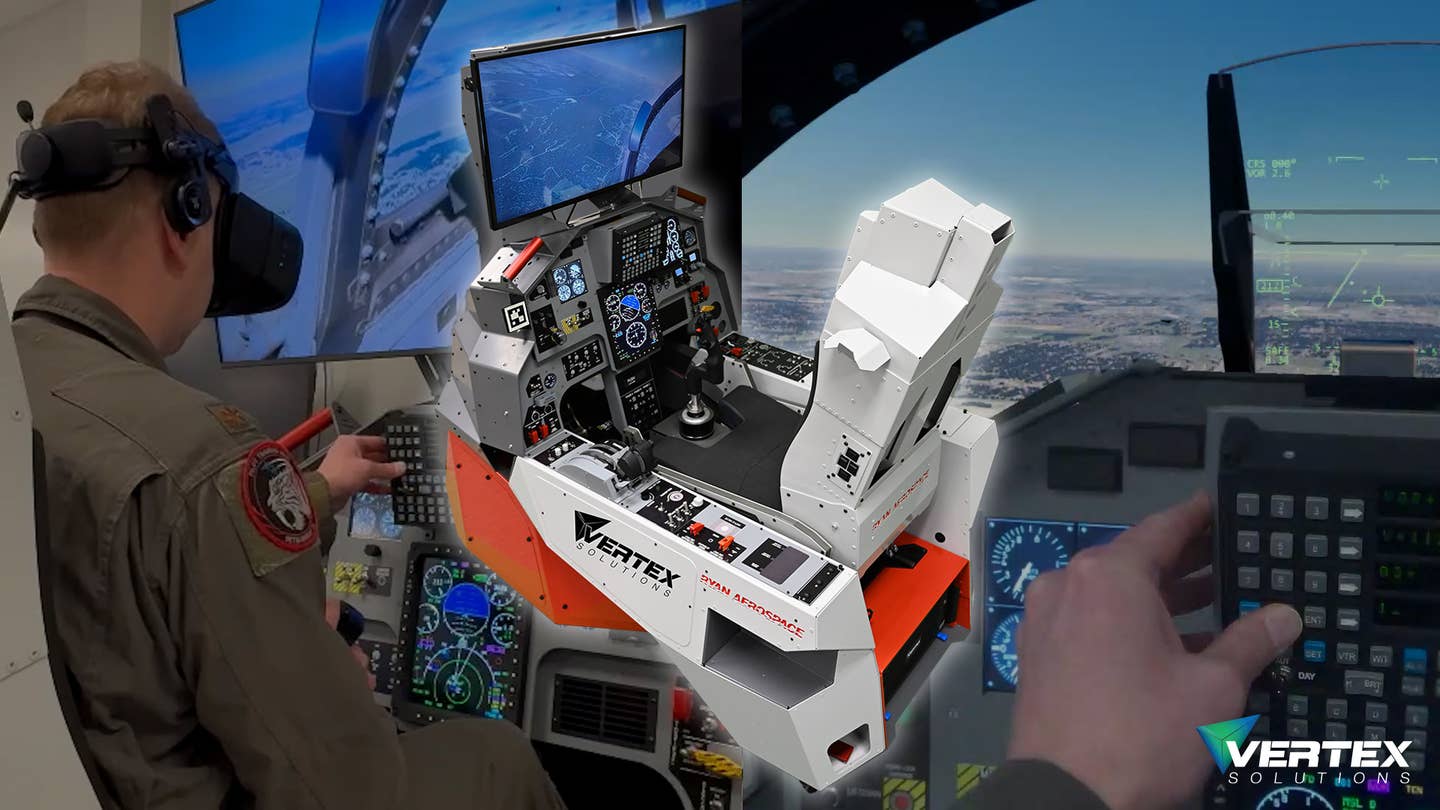Airbus Expands Partnership for Italy Air Taxi Rollout
Two new partners join Airbus’ collaboration with ITA Airways, which began back in 2022, to bring air taxis to Italy.

Airbus’ eVTOL CityAirbus NextGen, branded with an ITA Airways livery, may soon take to the skies of Italy. [Courtesy: Airbus]
Airbus’ plans to introduce electric vertical takeoff and landing (eVTOL) air taxi services to Europe are coming into focus.
The manufacturer this week announced it will work with ITA Airways, the flag carrier of Italy, as well as vertiport operator UrbanV and green energy company Enel to build an advanced air mobility (AAM) ecosystem in the Mediterranean country. UrbanV and Enel are new additions to the partnership, which began between Airbus and ITA in 2022.
Airbus operates 80 aircraft and 240 helicopters in Italy, its largest supplier in the European Union and fourth-largest globally. Alitalia, Italy’s former flag carrier that went bankrupt in 2021, was the company’s largest Italian customer until its dissolution. ITA was created as Alitalia’s successor with sustainability as a core business pillar, and its fleet is composed entirely of Airbus models.
“Since the beginning, we decided to look forward and bet on innovation,” said Francesco Presicce, accountable manager and chief technology officer of ITA. “In this framework, in April 2022 ITA Airways and Airbus started a journey together, which resulted in the development of this ecosystem, today a reality.”
The initial memorandum of understanding (MOU) between Airbus and ITA called for the creation of urban air mobility (UAM) services and the identification of UAM applications in Italy. The partners also agreed to explore pilot use cases, with the goal of securing public acceptance of novel aircraft such as eVTOL.
Shortly before the deal, ITA purchased 28 aircraft from Airbus: seven A220s, 11 A320neos, and 10 A330neos. That summer, it agreed to lease a further 56 aircraft, including several A350-900s.
This week’s announcement brought in two new collaborators. UrbanV will operate vertiports in the region, while Enel will assist with the transition to electric infrastructure.
“We aim to improve people’s lives by enabling a fast, efficient, safe and clean alternative to existing transport solutions for people and goods over short distances, by air,” said Carlo Tursi, CEO of UrbanV. “We have the ambition to become a major global operator of vertiport networks, and we will be global pioneers in establishing some of the first AAM routes worldwide.”
The new MOU between the four companies will focus on bringing together airline operators, eVTOL manufacturers, energy solutions providers, and vertiport operators. The firms will explore different business models in concert with national stakeholders, whom they believe will be crucial in introducing UAM to Italy.
Specifically, the partnership centers around operations of Airbus’ eVTOL CityAirbus NextGen, unveiled in 2021. The model is designed to fly a pilot and up to four passengers, with an approximately 50 sm (43 nm) operational range and 75 mph (65 knots) cruise speed. The fully electric design features fixed wings, V-shaped tail, and distributed electric propulsion to power eight electric propellers.
Separately, Airbus is working with Groupe ADP, which manages Paris’s international airports, RATP Group, a public transit provider, and regional authorities in France to fly the CityAirbus NextGen at the 2024 Olympic Games in Paris. Other air taxi manufacturers, including Germany’s Volocopter, also intend to fly then.
In addition to aircraft operations, Airbus and its partners will study standardized ground services—such as energy supply, charging infrastructure, and vertiport and network planning—to build out a UAM ecosystem. They’ll also work to define suitable air taxi routes and improve the passenger experience.
“At Airbus, we know that a successful AAM business will require much more than just developing the vehicle, it is essential to co-create the conditions for that vehicle to be operated and supported,” said Balkiz Sarihan, head of UAM at Airbus. “We have some experience in developing AAM ecosystems such as the Air Mobility Initiative (AMI) in Bavaria.”
This week’s announcement comes on the heels of Airbus’ partnership with four Scandinavian firms to study hydrogen infrastructure at airports in Norway and Sweden. The manufacturer is developing four low-carbon ZEROe aircraft concepts, each powered by hydrogen and built to fly 100 to 200 passengers. It hopes to bring a commercial, low-carbon aircraft to market by 2035.
Like this story? We think you'll also like the Future of FLYING newsletter sent every Thursday afternoon. Sign up now.

Sign-up for newsletters & special offers!
Get the latest FLYING stories & special offers delivered directly to your inbox






